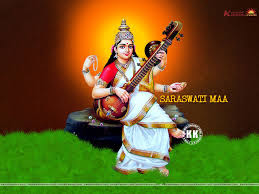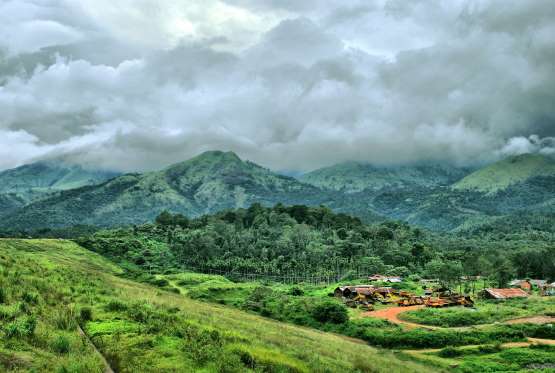Vedantasara : 1.
Preliminaries :
1. I take refuge in the Self, the Indivisible, the Existence-Consciousness-Bliss Absolute, beyond the reach of words and thought, and the substratum of all, for the attainment of my cherished desire.
2. Having worshipped the Guru who on account of his being free from the illusion of duality justifies the meaning of his name Advayananda, I undertake the task of expounding the essence of the Vedanta according to my light.
3. Vedanta is the evidence of the Upanishads, as well as the Sariraka Sutras (Brahma Sutras) and other books that help in the correct expounding of its meaning.
4. On account of its being a Prakarana treatise of Vedanta, the Anubandhas, preliminary questions of the latter, serve its purpose as well. Therefore they need not be discussed separately.
5. The preliminary questions of Vedanta are the determination of the competency of the student, the subject-matter, its connection with the book and the necessity for its study.
6. The competent student is an aspirant who, by studying in accordance with the prescribed method the Vedas and the Vedangas (the books auxiliary to the Vedas), has ordained a general comprehension of the entire Vedas; who, being absolved from all sins in this or in a previous life by the avoidance of the actions known as kamya (rites performed with a view to attaining a desired object) and Nisiddha (those forbidden in the scriptures) and by the performance of actions called Nitya (daily obligatory rites) and Naimittika (obligatory on special occasions) as well as by penance and devotion, has become entirely pure in mind, and who has adopted the four Sadhanas or means to the attainment of spiritual knowledge.
7. The sacrifices such as Jyotistoma etc., which enable their performers to get the desired fruits such as living in heaven etc., are known as Kamya Karma.
8. Actions such as the slaying of a Brahmin etc., which bring about undesired results as going to hell etc., are Nisiddha Karma or forbidden acts.
9. Daily rites, such as Sandhyavandana etc., the non-performance of which causes harm, are called Nitya Karma.
10. Jatesti sacrifices (which are performed subsequent to the birth of a son) etc., are called the Naimittika Karma or rites to be observed on special occasions.
by Swami Sadananda, Translated by Swami Nikhilananda :
Continues....




Comments